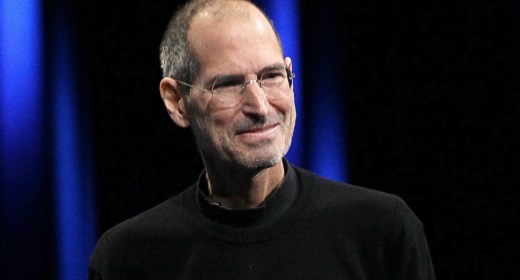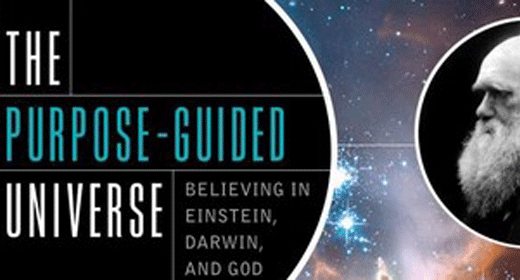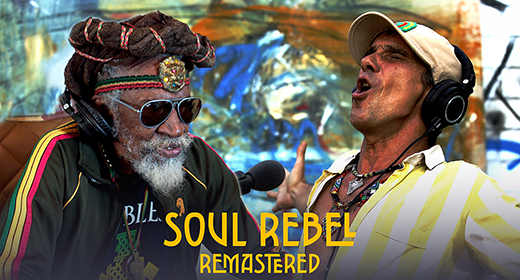by Jane Burnett: The Apple co-founder’s relentless passion and curiosity might just fuel your own…
In honor of Steve Jobs’ birthday on February 24th, we’re taking a look back at some of the Apple co-founder’s quotes that inspire us to reach our full potential, at work and in life. Jobs helped revolutionize leadership, technology, and innovation, and his legacy still lives on in the ways we communicate and learn about the world around us. Here are 10 lessons Jobs can still teach us about curiosity, perseverance, and human potential.
On the importance of trusting your intuition
“Your time is limited, so don’t waste it living someone else’s life. Don’t be trapped by dogma — which is living with the results of other people’s thinking. Don’t let the noise of others’ opinions drown out your own inner voice. And most important, have the courage to follow your heart and intuition. They somehow already know what you truly want to become. Everything else is secondary.”
—Stanford University commencement address, 2005
On spending your time wisely
“When I was 17, I read a quote that went something like: ‘If you live each day as if it was your last, someday you’ll most certainly be right.’ It made an impression on me, and since then, for the past 33 years, I have looked in the mirror every morning and asked myself: ‘If today were the last day of my life, would I want to do what I am about to do today?’ And whenever the answer has been ‘No’ for too many days in a row, I know I need to change something.”
—Stanford University commencement address, 2005
On prioritizing curiosity
“The elements of discovery are all around you. You don’t need a computer.”
—Computerworld interview, 1995
On human potential
“Technology is nothing. What’s important is that you have a faith in people, that they’re basically good and smart, and if you give them tools, they’ll do wonderful things with them. It’s not the tools that you have faith in — tools are just tools. They work, or they don’t work. It’s people you have faith in or not.”
—Rolling Stone interview, 1994
On how money isn’t all-important
“Bottom line is, I didn’t return to Apple to make a fortune. I’ve been very lucky in my life and already have one. When I was 25, my net worth was $100 million or so. I decided then that I wasn’t going to let it ruin my life. There’s no way you could ever spend it all, and I don’t view wealth as something that validates my intelligence.”
—Fortune, 2000
On the “restless” mind
“Coming back after seven months in Indian villages, I saw the craziness of the Western world as well as its capacity for rational thought. If you just sit and observe, you will see how restless your mind is. If you try to calm it, it only makes things worse, but over time it does calm, and when it does, there’s room to hear more subtle things — that’s when your intuition starts to blossom and you start to see things more clearly and be in the present more. Your mind just slows down, and you see a tremendous expanse in the moment. You see so much more than you could see before. It’s a discipline; you have to practice it. Zen has been a deep influence in my life ever since.”
—Steve Jobs, 2011
On doing “great work”
“Your work is going to fill a large part of your life, and the only way to be truly satisfied is to do what you believe is great work. And the only way to do great work is to love what you do. If you haven’t found it yet, keep looking. Don’t settle. As with all matters of the heart, you’ll know when you find it.”
—Stanford University commencement address, 2005
On the importance of innovation
“Being the richest man in the cemetery doesn’t matter to me. Going to bed at night saying we’ve done something wonderful, that’s what matters to me.”
—Wall Street Journal interview, 1993
On the power of failure
“Sometimes when you innovate, you make mistakes. It is best to admit them quickly, and get on with improving your other innovations.”
―I, Steve, 2011
On looking toward the future
“Let’s go invent tomorrow rather than worrying about what happened yesterday.”
—D5 Conference interview, 2007









































